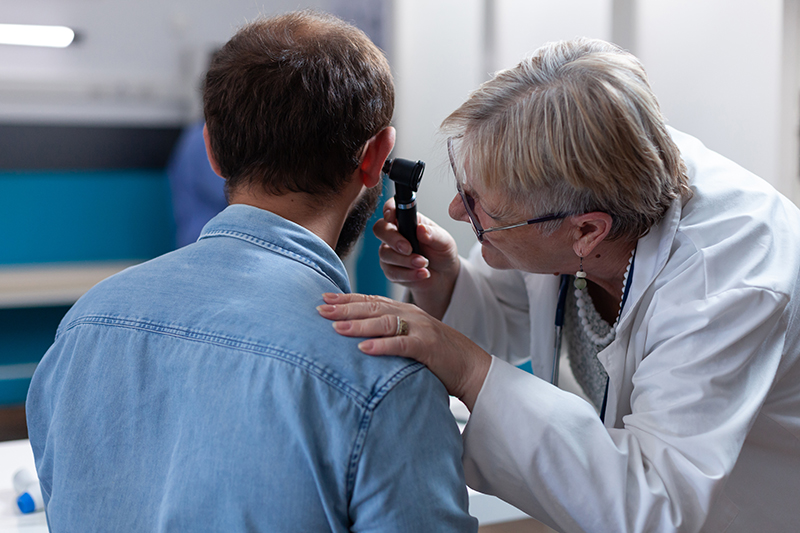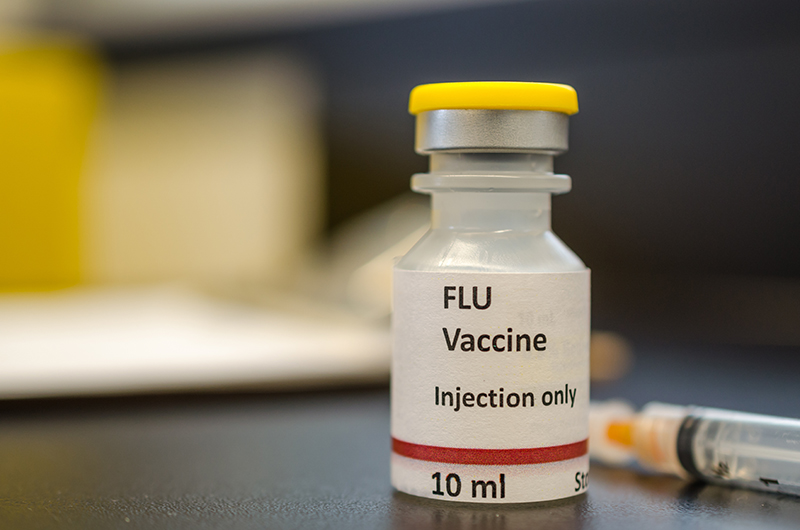Ear infection (otitis) is an infection of the middle ear, caused mainly by bacteria (such as streptococcus pneumoniae and Haemophilus influenzae) or viruses (such as the common cold). On many occasions, these usually disappear on their own, while on others we must use antibiotics to eliminate the infection, and thus avoid possible hearing problems and even other complications.
If you have suffered from otitis, or know someone who has had it, or if you are a health worker, we invite you to register on the DATIUM platform. In this way you will collaborate in the study and management of cases, obtaining rewards in our MDCxCoin

How do I identify the symptoms of Otitis?
The most common symptoms may vary depending on the age of the patient, the most common being those shown below:
Children:
- Ear pain, especially when lying down
- Pulling or tugging on an ear
- Sleep disorders
- Crying more than usual
- Concern
- Difficulty hearing or responding to sounds
- Loss of balance
- Fever of 38°C or higher
- Discharge of fluid from the ear
- Headache
- Loss of appetite
Adults:
- Earache
- Discharge of fluid from the ear
- Difficulty hearing
We find several conditions of the middle ear, which could be related to otitis or generate problems in the middle ear, the most common being the following:
Otitis media with effusion, or swelling and fluid collection (effusion) in the middle ear without bacterial or viral infection. This can happen because the fluid buildup persists even after the ear infection improves. It can also happen due to non-infectious dysfunction or blockage of the Eustachian tubes.
Chronic otitis media with effusion occurs when fluid remains in the middle ear and continually returns without bacterial or viral infection. This makes children susceptible to new ear infections and could affect hearing.
Chronic suppurative otitis media, an ear infection that does not go away with the usual treatments. This can cause a hole in the eardrum.
Should I seek medical attention if I have ear pain?
Absolutely yes. It is always advisable to go to the primary care professional, since it will be the doctor, after carrying out the relevant tests, who will determine whether or not there is an ear infection (based on the state of the eardrum and if there is pus in the ear medium), prescribing for this purpose the treatment to follow.
Without a doubt, an earache can be a real headache. Literally. But we cannot compare it with the damage that we could cause to ourselves if we are not informed of relevant issues in relation to DATIUM.
Did you know that by sharing your symptoms with DATIUM you could acquire MDCx? It is our native value token with which you can obtain multiple services or simply sell them. If you are not yet familiar with the world of Blockchain, we recommend you visit our articles on Bitcoin, Ethereum, Cardano, among others that we are sure you will enjoy.

As a general rule, our body’s immune system usually fights middle ear infection on its own. However, sometimes the use of antibiotics is necessary (especially if the symptoms last more than 2-3 days), but it is important not to self-medicate.
To alleviate the symptoms, it is important to follow these tips:
- Rest: It is important to be able to lie down so that the body rests and recovers from discomfort.
- Drink liquids: our body must be hydrated.
- If you are very sick, you can take a pain reliever (ask your doctor or pharmacist for guidance on medicines you can take for pain or fever).
Remember, if you have suffered from otitis, or if you are a health worker who has treated it, we encourage you to share your opinion and experiences through our DATIUM platform, for which you will receive MDCxCoins. Every time you access our surveys, you will receive MDCxCoins.





